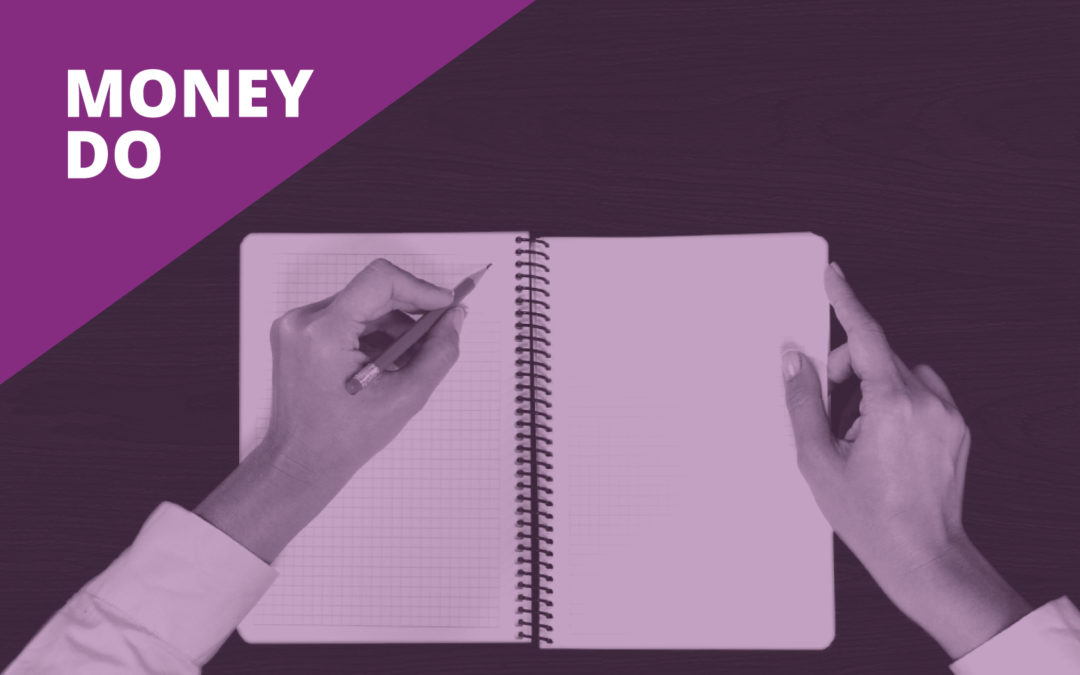
MoneyDo: Ask Key Questions Before Paying Off Your Mortgage Early
No matter if you’re nearing retirement and looking to remove a monthly expense, or simply seeking peace of mind by eliminating debt, you may be considering paying off your mortgage.
Before you write out that and retire your mortgage debt, ask yourself a few key questions:
- Where are the funds going to come from?
- What is your current interest rate?
- Is there a prepayment penalty?
1. Where are the funds coming from?
First, if you are going to pull money from a retirement vehicle (like an IRA), the cost of doing so would most likely exceed the benefits of paying off your mortgage.
When you withdraw money from your traditional retirement accounts, you’ll have to pay tax on that withdrawal amount. When withdrawing a large sum from an IRA, ¼ to ½ of that sum could go to pay taxes.
Not only are you paying a tax sooner than you’d need, you may now have to consider withdrawing a larger amount from your assets to cover taxes and the cost of a mortgage. Besides, withdrawing money from an investment means you’re also losing any potential growth the funds may have experienced by taking a large withdrawal out.
However, if you have a large cash balance position we’d then look at the opportunity cost of paying down your mortgage. For instance, what would you have done with that cash otherwise? If you were just going to leave it in your bank account, paying off your mortgage for peace of mind may be beneficial.
Otherwise, if you were going to invest that cash balance, what rate of return could you expect on that investment in relation to the rate you’re paying on your mortgage? It’s a consideration which leads us to our second question:
2. What is your current interest rate?
Take into account the current interest rate you’re paying as you review the opportunity cost of those funds. If you’re paying 3% – 4% on your mortgage, could you earn more by having the additional funds investment?
3. Is there a prepayment penalty?
Prepayment penalties were devised to protect lenders and investors that rely on years and years of lucrative interest payments to make money.
When mortgage loans are paid off quickly, regardless of whether by refinance or a home sale, less money than originally anticipated will be made. It’s a simple concept.
The mortgage is extended with the belief that a certain amount of interest will be collected. If in reality, much less is realized, the holders of these mortgages won’t profit as they originally expected. So it’s clearly less desirable for those who hold the loan.
Most mortgages don’t have a prepayment penalty, but you should check and consider how much you’d be paying in penalties, if they exist. If your mortgage has a prepayment penalty, it’s often a calculation like 80% of 6 months interest, which could be expensive. Make sure you know what the costs are – if any – before making additional payments on your mortgage.
Some financial experts encourage the elimination of debt to establish a better overall financial position and increase your peace of mind. Paying off your mortgage early could be a great way to achieve some peace, but before you do, study the numbers and consider what the cost benefit of paying down a mortgage is.